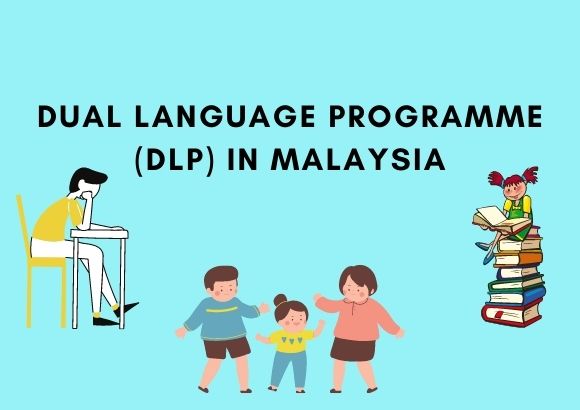Dual Language Programme (DLP): Hear From the Kids Themselves
 Schooladvisor Team
Schooladvisor TeamThe Ministry of Education Malaysia implemented the Dual Language Programme (DLP) under the Dasar Memartabatkan Bahasa Malaysia Memperkukuh Bahasa Inggeris (MBMMBI). This policy was instigated to empower Bahasa Malaysia and strengthen the English language among school students.
The programme is implemented in primary and secondary national and private schools under the Ministry of Education (MOE). For the initial stage in 2016, it involved 300 schools in total and more schools were permitted to implement the Dual Language Programme in recent years.
The Dual Language Programme was introduced with a clear objective: To produce Malaysians who can understand and communicate in the English language. This programme will enable students to learn Science, Mathematics, Information Technology and Communication, and Design and Technology in either English or Malay.
DLP is a programme of choice, hence schools that are interested and meet the criteria can make a formal request to the District Education Office (PPD) respectively.
Defined criteria are as follows:
1. Schools have adequate resources
The source is referring to textbooks, reference materials, teaching aids and other materials for teaching and learning support.
2. Principal/Headmaster and teachers are willing to implement DLP
The Principal/Headmaster must agree with the implementation of the DLP and collaboration with PPD/JPN for planning purposes to ensure that the number of teachers and students is enough.
3. Demand and support from parents
Parents must give consent in writing to the school, in order to allow their children to follow the DLP. Parents should also take an active role in their children's education by supporting schools to implement DLP.
4. School achievement in Malay Language
This achievement must be equal to or better than the national average Malay in UPSR and SPM.
What children think about the implementation of the Dual Language Programme?
A study conducted in 2019 by Edwin Moses and Indira Malani revealed that public school students are more positive than cynical about the implementation of the Dual Language Programme. A lot of them believe the programme will tremendously help them to be global ready.
Let’s hear why students prefer to learn in English language:
1. “It will be easier for us at university later because the lectures will be in English.”
For every course that your child registers to at university, lectures and classes will most likely be conducted in English. This is mainly because universities are not exclusive to just one nationality. Students from different countries will attend a class and English is the most suitable language to be used by lecturers.
2. “The English language is interesting to learn, and I can understand it easily. It’s because I always speak English at home.”
English language can be interesting and thrilling once you start learning it. There is no one way of saying “I’m happy.” You can be content, merry, gleeful, delighted, and the list goes on. So yes, we agree. English language is definitely an interesting language to learn!
3. “I wanted to improve my English speaking skills.”
Practice makes perfect. Increasing students’ contact hours with English language will certainly enhance their skills. Implementing the Dual Language Programme will have the students speak or write in English in most of the subjects at school and over time, their skills will improve.
4. “It is a universal language. So, when you travel around the world, you have to use English language, not Malay.”
That’s right. English is the most spoken language in the entire world by native and non-native speakers. If your child’s dream is to travel outside of Malaysia one day, learning English will greatly help them to have a pleasant experience in a foreign country.
Based on this research, it can be concluded that students are actually okay with learning STEM subjects in English. However, the government should pay attention to the challenges faced by the teachers and students and provide them with sufficient training and clear guidelines in order for this programme to be successful.
“Children’s minds are like sponges” is not a cliche. They can really soak in a chunk of information compared to adults. Hence, language is better to be taught from a young age as they can pick up information and respond to their surroundings better.
Check out also:
List Of National And Private Schools For Dual Language Programme

